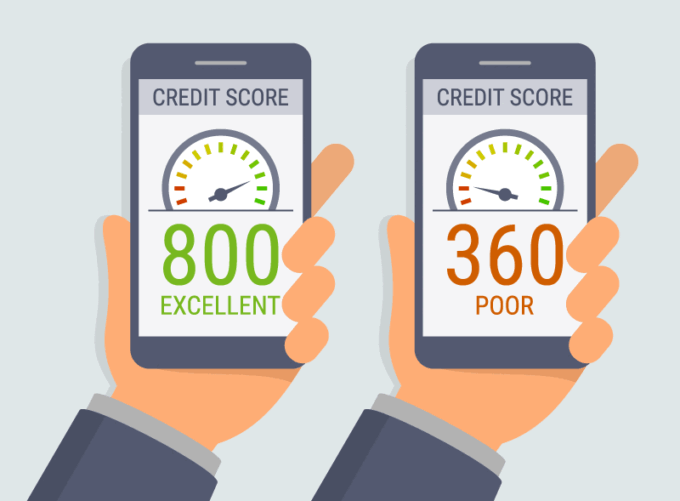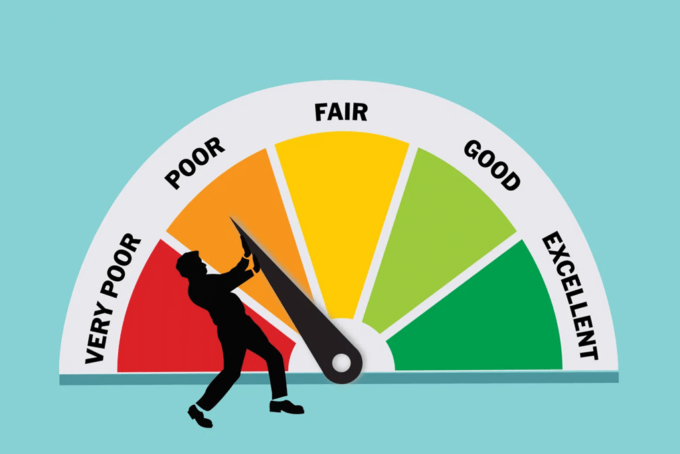If you are thinking about refinancing your car, there are a few things that you need to know. With different loan types and interest rates, it can take time to determine which suits your needs best.
However, knowing the answers to these questions could mean the difference between having a negative cash flow on a large purchase such as your car.
Additionally, it can be handy and allow you to purchase something with more financial freedom in the future without any debt. But if you’ve never done this before, then there are a few questions that you need to ask before committing to refinancing:
What Is The Current Loan Amount?
This is the most critical question you want to know before refinancing your vehicle because it will determine the amount of money you can save. If you need to know the exact figure for your current loan, find out if any documents prove the amount owed.
Looking over your monthly statement can give you a good idea as well. However, you may have to look into another box regarding “total amount financed” or “total amount due” to get a general idea about what you owe on your car.
What Is My Credit Score?

Your credit score will dictate what interest rate you get and whether or not the bank will give you a loan at all for car financing. If you have no credit score or the banks do not report your score, then the interest rate on your car loan can be astronomical.
Even if you have a good credit score, your interest rate could still be astronomical, but it could affect your ability to achieve a higher mortgage loan in the future. One way to get a better credit rating is by taking out student loans.
What Is The Amount Of My Down Payment On My Vehicle?
Doing this first will allow you to determine how much more money you will still need to fill in the gap between your current loan value and the total principal and interest left to pay on your vehicle. To settle your loan faster and save money on interest, you can always increase the down payment on your loan.
Additionally, it will save you from figuring out what kind of loan you qualify for down the road after refinancing your car. The current interest rate on your car loan will determine your monthly payment for the car loan. If you are considering refinancing, you want to ensure that there isn’t a prepayment penalty clause that will affect your savings.
How Long Will Your Loan Last?

The longer you have an earlier loan on your vehicle, the lower the monthly payments will be. The longer you have an instalment car note, the more money you can save by refinancing and avoiding finance charges.
Usually, you will pay a few dollars a month to add more time to your loan. But refinancing allows you to get more time and builds your credit score.
The length of your car loan is also important because if it is too long, you could be paying even more than your current loan amount suggests. If you can get a lower interest rate by refinancing your car, you can save more money in the long term.
What Are My Monthly Expenses, And What Is My Salary?
This will help you determine if refinancing would only make a little or very little difference in your financial situation. The less money you have left to spend each month after paying all of the monthly expenses on your car, the less you can afford to pay toward refinancing it and vice versa.
Your monthly income should also be considered when determining how much you can save by refinancing. The more your income, the better your credit score becomes. If your salary increases, you could have enough extra money to pay the principal and interest over time.
The impact on your credit score will be directly related to how long you have the car loan on your vehicle. If the interest rate and the amount on your refinancing are significant, then moving forward with refinancing may be wise in the long run.
Tips to Improve Your Credit Score

One of the best ways to get a higher credit score is by maintaining good credit. If you can’t pay your bills, such as car loans, on time or keep up with your payments, then the impact will be negative. If you want to improve your credit score before applying for your car loan, then you can follow these tips:
- Pay your credit bills on time and collect all the necessary documents of no dues once a loan is terminated. Then, you will have a great chance to show that you are reliable with good loan repayment history.
- Avoid making multiple credit applications to different banks. Doing this can help you significantly improve your score while applying for a new car loan or refinancing.
- Pay down your debt as much as possible before applying for more credit. When you’re looking to finance a vehicle, several factors affect the rate of interest and fees, most importantly, your credit score.
- Avoid closing credit card accounts will make you look desperate to the bank. Your credit score is based on your borrowing and payment history with other creditors. Make a list of how much debt you have and how much credit you have available.
Additionally, it can be helpful if you upgrade your services with each company and check your credit score and your payment history with all of the creditors on there.
When purchasing a home or car, it would show that you are good for these purchases to get better financing options in future.
Final Thoughts

Knowing some basics will help you determine the best place to go with your potential refinancing. Once you know how much you are currently paying each month, the exact value of your vehicle and the term or length of your loan, it should be easy to find an appropriate bank to lend you money. For your car financing, check out https://www.ausloans.com.au/car-finance.









